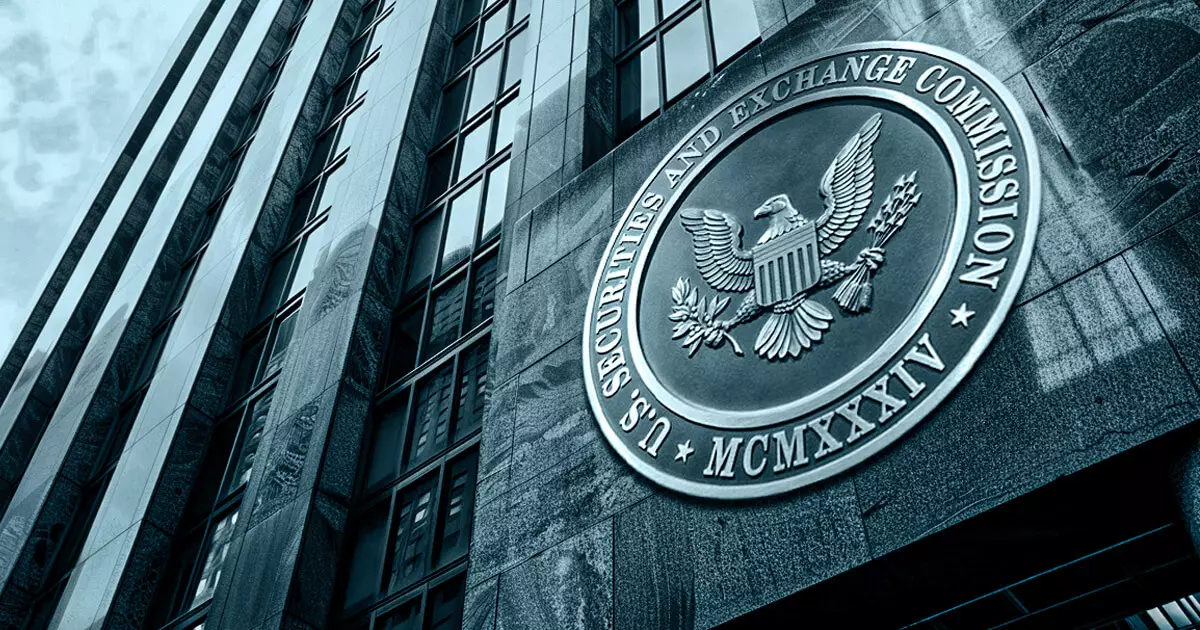The Securities and Exchange Commission (SEC) made a strong stand against Richard Heart’s attempt to dismiss the $1 billion fraud case filed against him. They argued that his aggressive promotion of unregistered digital assets such as HEX, PulseChain, and PulseX was directly targeting US investors. The SEC’s filing on August 22 emphasized that Heart’s actions fell under US jurisdiction, supporting their claims of extensive securities fraud. According to the complaint, Heart, also known as Richard Schueler, allegedly raised over $1 billion from investors globally through the sale of unregistered securities. He is accused of misappropriating millions for personal luxuries, including expensive cars and a purportedly world’s largest black diamond.
Heart’s defense contended that his activities, primarily conducted outside the US, should not be subject to US securities laws. They argued that the SEC failed to establish that his conduct had a substantial effect on US investors, as required under the “conduct and effects” test. Heart claimed that the transactions in question were predominantly foreign, further challenging the court’s jurisdiction. He also asserted that the allegations made by the SEC were insufficient to support a plausible claim for relief, especially concerning the fraud claims. However, the SEC refuted these claims in their detailed memorandum, citing Heart’s significant impact on US investors through extensive promotion of the digital assets in question.
The SEC accuses Heart of violating key provisions of the Securities Act of 1933 and the Securities Exchange Act of 1934. They allege that he misled investors about the use of their funds, diverting millions for personal luxuries like cars and the supposed largest black diamond in the world. The watchdog’s opposition document highlighted the efforts made by Heart to market these digital assets to US investors. They emphasized that his interactions with US audiences were not incidental but part of a deliberate strategy to attract substantial investments from within the country. The SEC further argued that Heart’s connections to the US, coupled with the magnitude of his alleged fraud, justified the court’s jurisdiction over him.
Despite Heart’s attempts to dismiss the case on the grounds of jurisdictional challenges and inadequacy of the SEC’s claims, the SEC remains resolute in its pursuit of legal action against him. They are dedicated to holding accountable individuals who engage in deceptive practices within the rapidly evolving landscape of digital assets. The SEC’s opposition filing signifies their commitment to upholding the integrity of the securities market and protecting investors from fraudulent schemes. The SEC’s swift action against Richard Heart serves as a stark warning to others who may seek to exploit investors through unlawful practices in the digital asset space.

